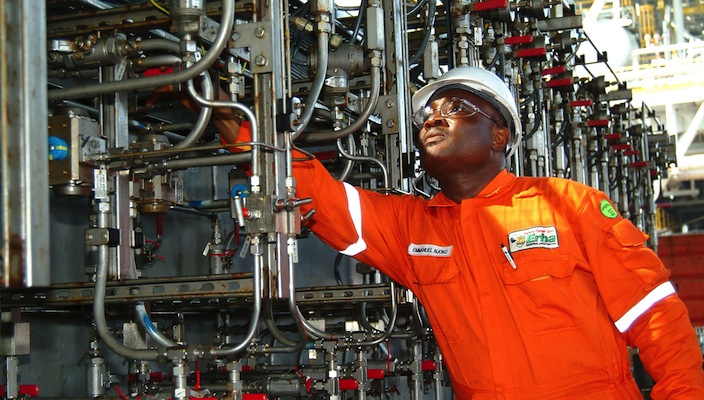There are no products in your shopping cart.
| 0 Items | £0.00 |


Ayo Akinfe
[1] Nigeria shall have a gross domestic product (GDP) target of $1.5trn by the year 2030 with the aim of unveiling an annual budget of $300bn. According to the African Development Bank, Nigeria has an annual infrastructural deficit of $100bn. We have to set ourselves the target of narrowing that gap significantly, maybe by half, over the next four years
[2] Every industrialised nation has had their development spearheaded by one, two or three major industrial giants. In Germany we had Siemens, Mercedes and Krupp, in Japan it was Mitsubishi and Toyota in the UK Vauxhall and in the US it was Boeing and Ford. In Nigeria we have the NNPC, Innoson Motors and Dangote Industries. Our goal should be to see these kind of companies account for about 50% of our GDP within the next 15 years
[3] Under this plan, the NNPC will be part-privatised and as a commercial company and will diversify into all areas of industrial production. Its first objective will be to acquire the Ajaokuta Steel Mill. I see the NNPC being a conglomerate with interests in automobile manufacturing, power generation, machine tool manufacturing, shipping, railway construction, electricity generation, agro-business processing, housing construction, petrochemicals, ship building, etc.
[4] Steel production will be at the heart of our industrial programme with plans to catch up with other developing nations . At the moment, Nigeria produces no steel, so the Ajaokuta and other steel mills will be revitalised with the aim of catching up with the likes of Vietnam (14m tonnes), Mexico (20m tonnes), Iran (25m tonnes), Brazil (34.7m tonnes) and Turkey (37.3m tonnes)
[5] Nigeria's evangelical clergymen will be encouraged to pool their resources together and form a company called Man of God Plc, which will serve as another conglomerate to operate alongside companies like the NNPC, Innoson and Dangote Industries. As we all know, capital from the Catholic Church was used to industrialise Europe. Our evangelical churches are currently sitting on billions of dollars, which is begging for investment in our infrastructure
[6] These conglomerates should aim to have one manufacturing plant in each of our 774 local government areas between them. They will become major players in every manufacturing activity including automobile manufacturing, oil refining, aircraft assembly, shipbuilding, agro-processing, steel manufacturing, railway engine making, petrochemical plants, power generation, solar panel manufacturing, rail line franchises, running airlines, etc. Kind of similar to how South Korea's Daewoo, India's Tata Industries and the Philippines' San Miguel Corporation operate
[7] Between them, these corporations will seek to employ about 20m Nigerians. They will have about 10 manufacturing subsidiaries with at least one plant in each of our 36 states. Full employment should be their targeted goal
[8] They shall have a combined foreign earnings target of $400bn, which is about the size of Nigeria's current GDP. Across these companies, the minimum monthly wage shall be N100,000 per worker
[9] These corporations will have ambitious annual production targets such as steel - 15m tonnes, cocoa produce - 1m tonnes, palm oil produce - 15m tonnes, automobiles - 40,000 units, cargo ships - 20 units, helicopters - 12 units, crude oil - 3m barrels a day, generated power - 100,000MW, solar panels - 100m, mobile phones - 200m, railway carriages - 2,000 units, etc. Missing these targets over two successive quarters will result in the immediate sacking of the ministers in charge
[10] We will have a coordinating minister for the economy made up of the finance, petroleum, mines & power and agriculture ministers. There will also be a coordinating minister for infrastructure, made up of the works, health, housing, education and aviation ministers. Together with the coordinating minister for security who will supervise the ministries of defence and internal affairs, they along with the president and vice president will form the Coordinating Cabinet Committee. This Coordinating Cabinet Committee will meet once a week to ensure strict adherence to laid down targets.